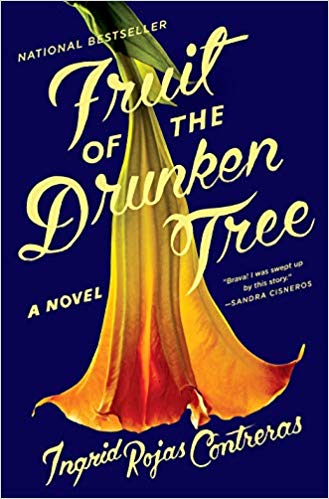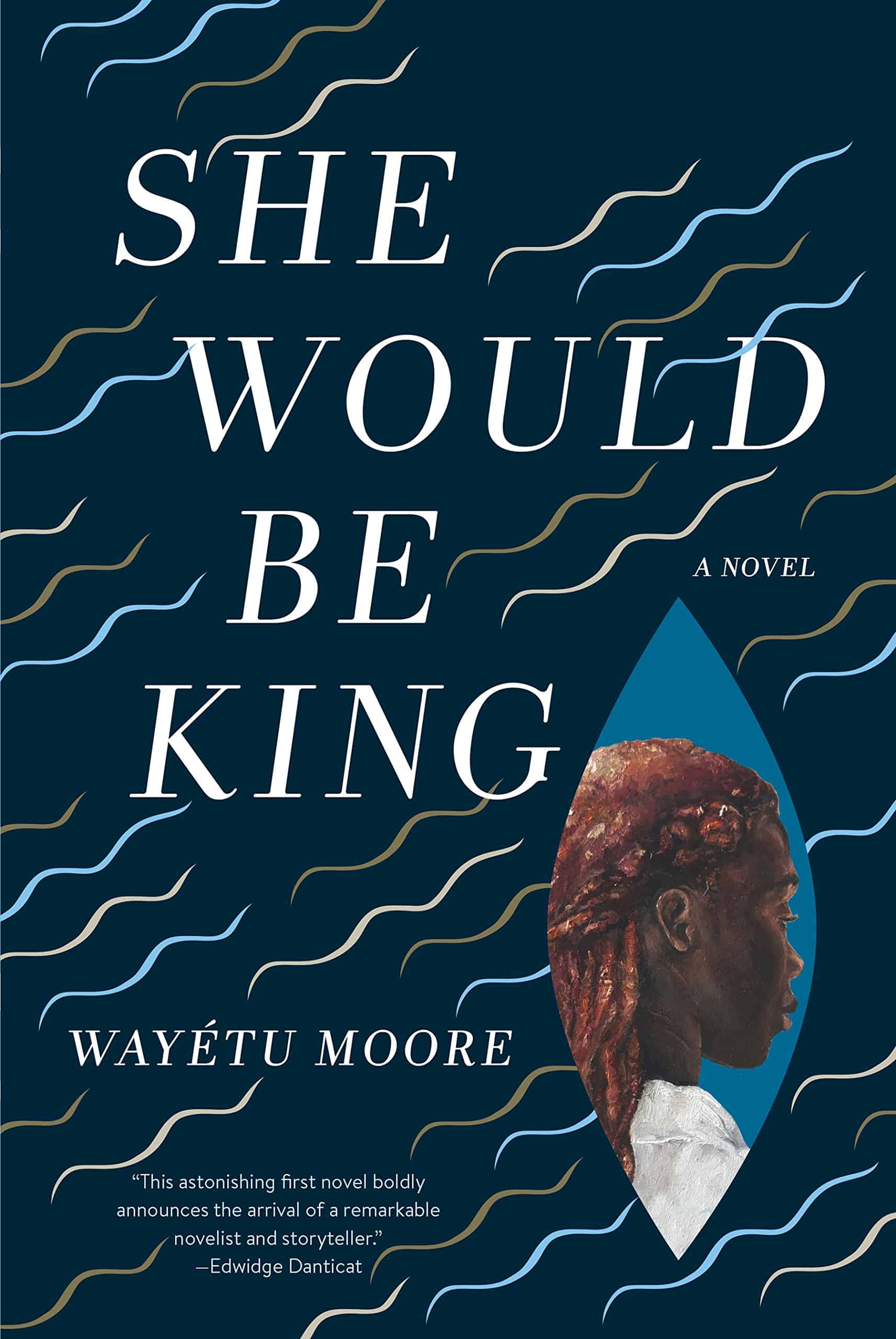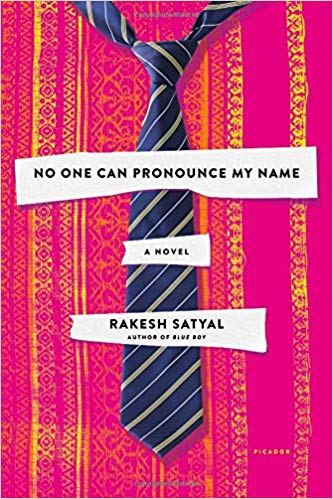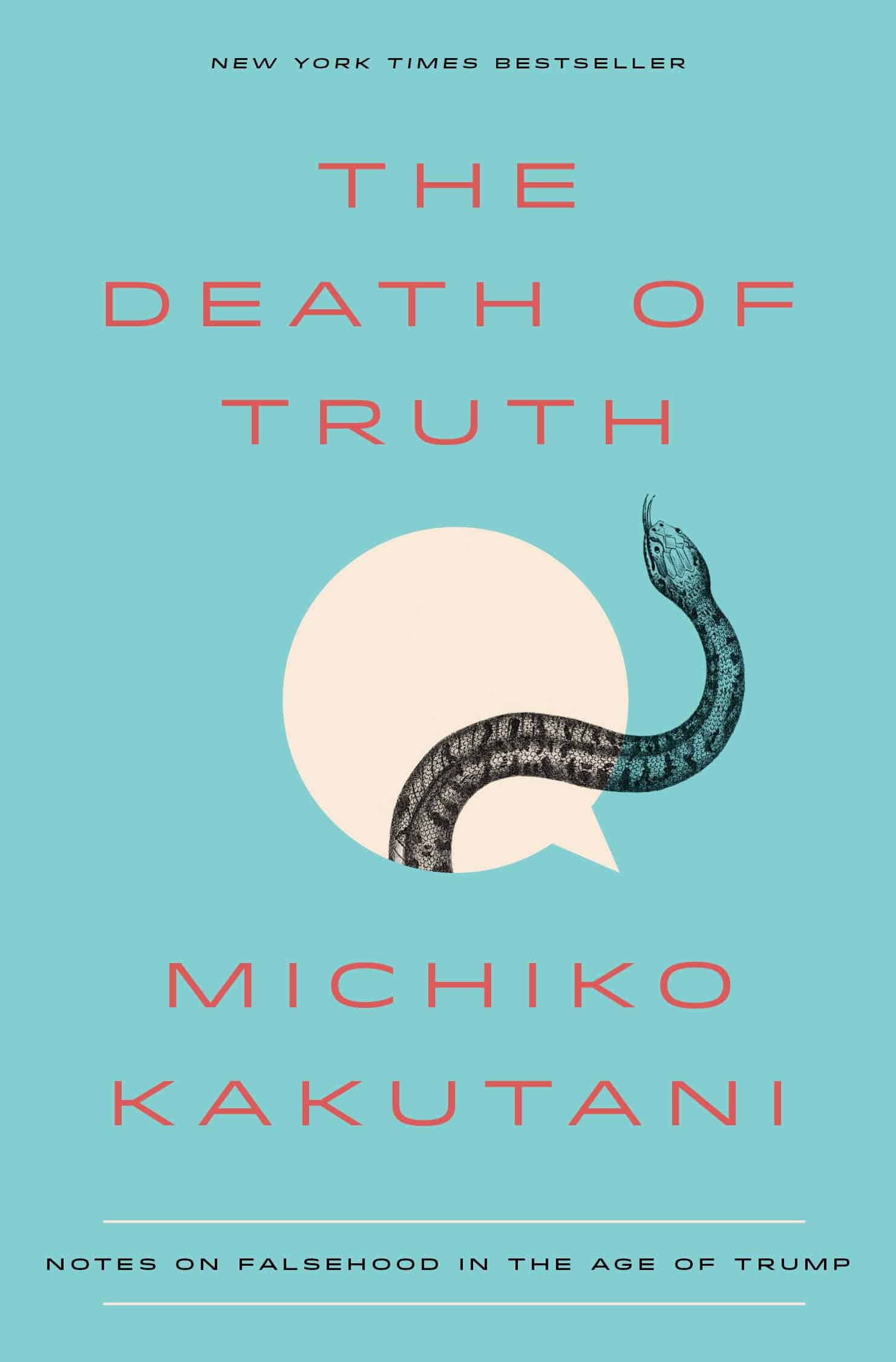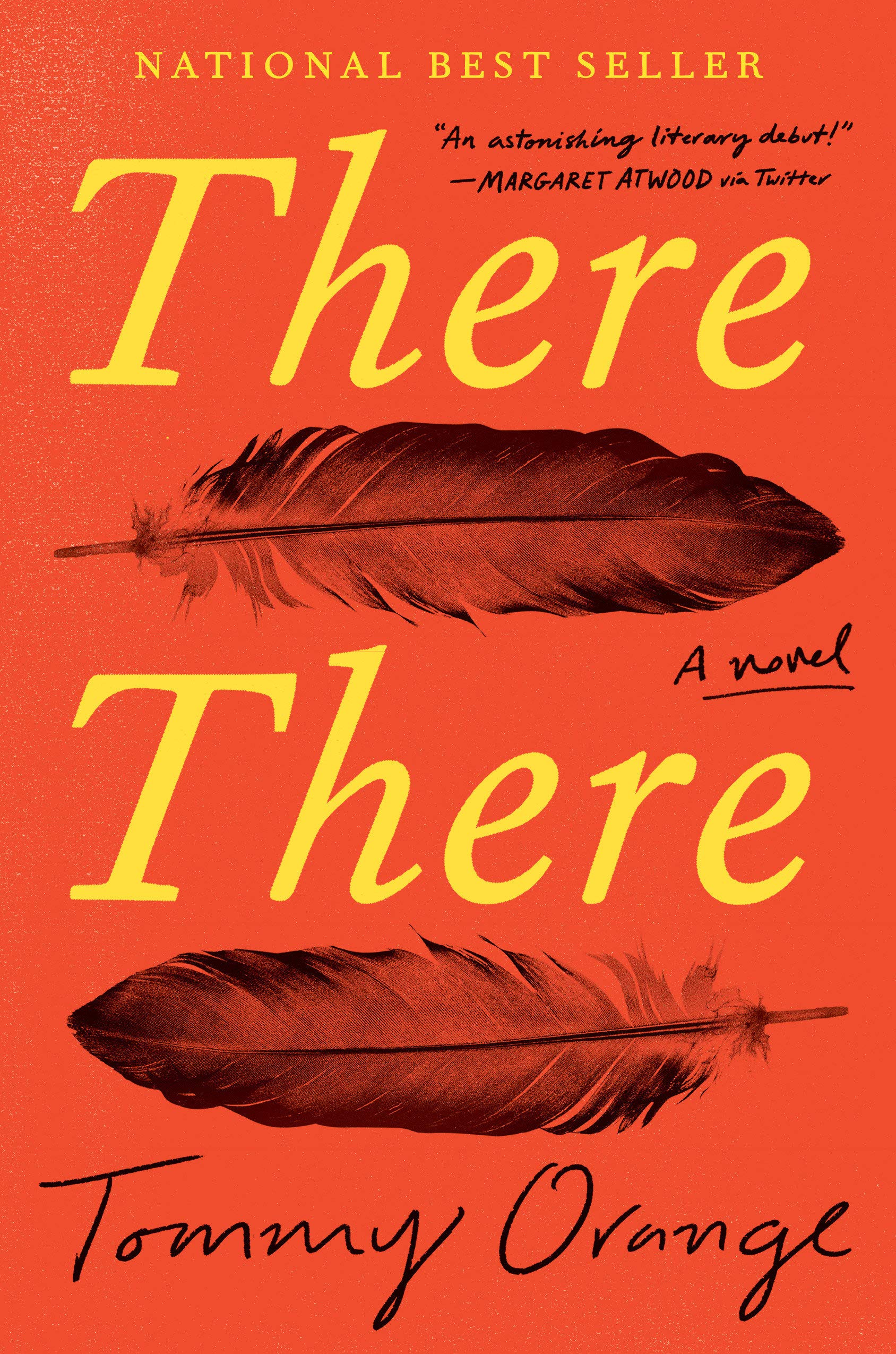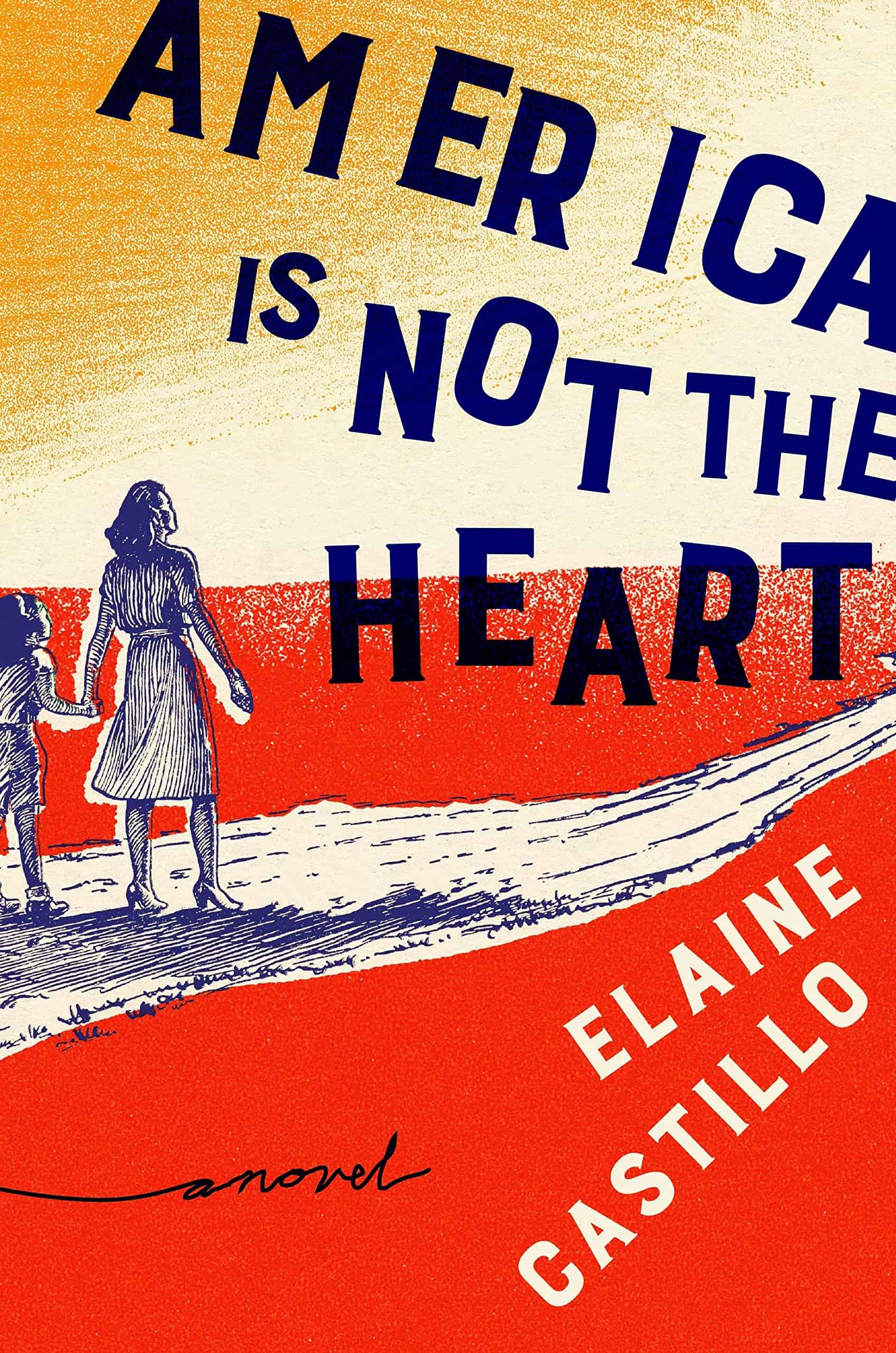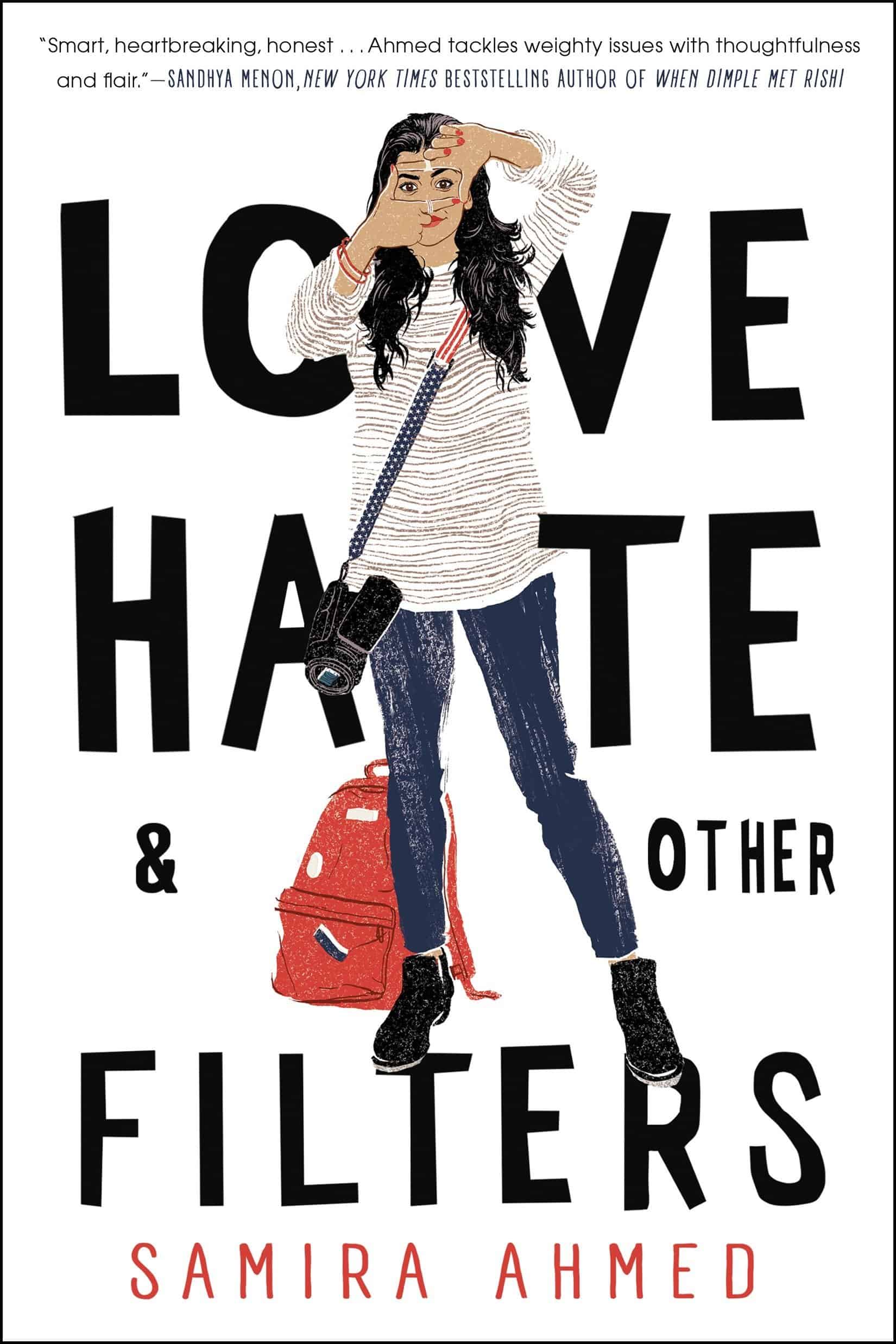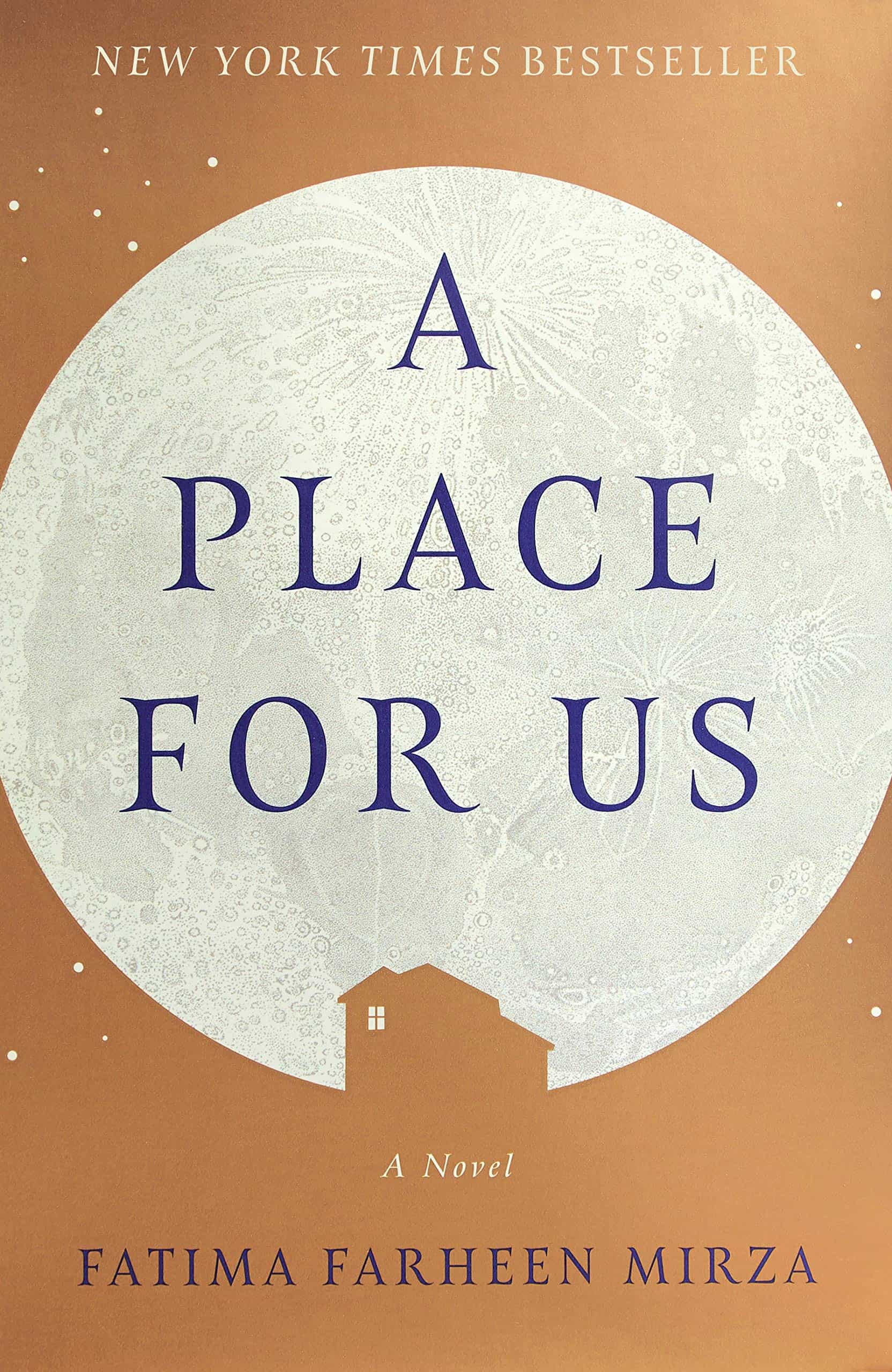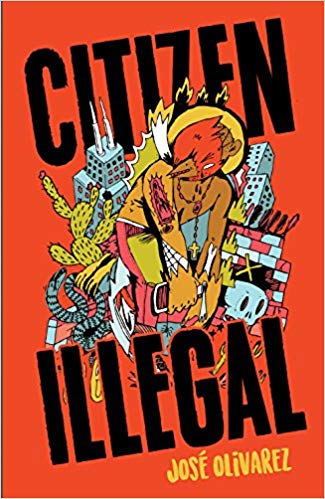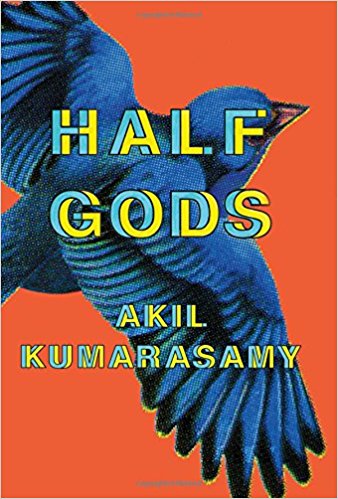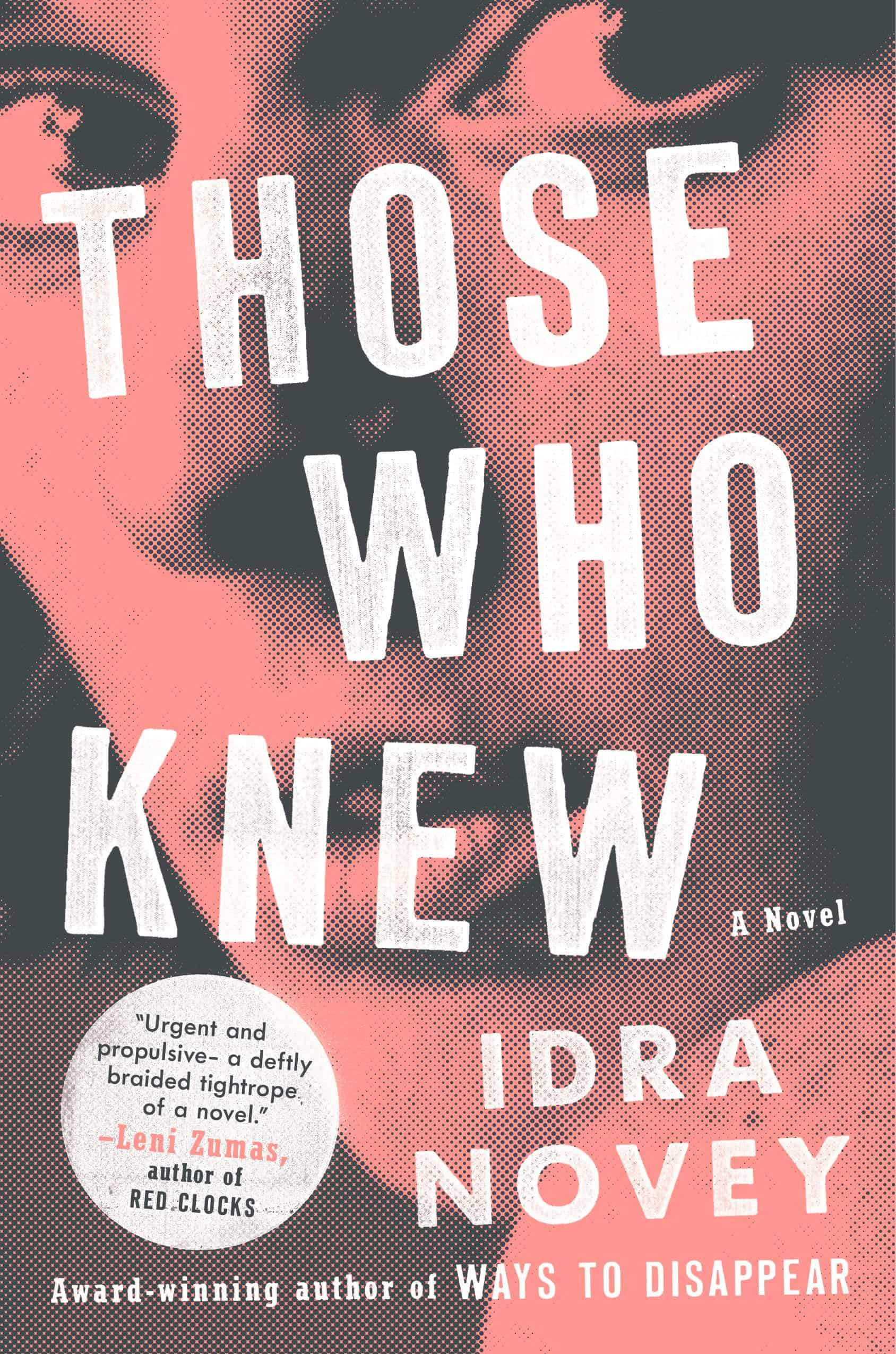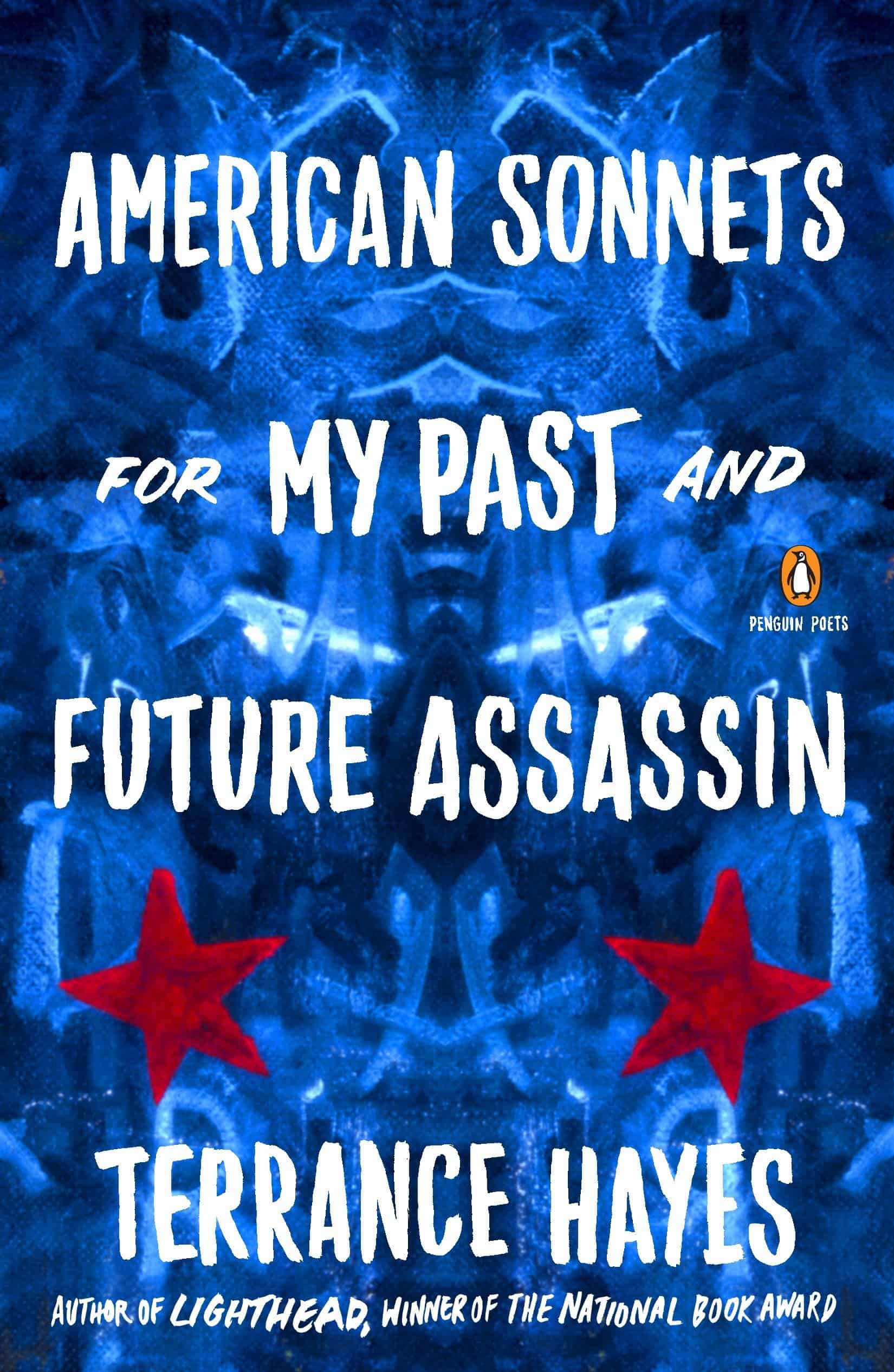Lest We Forget: A Reading List
This December, join PEN America and the Strand Book Store for PEN Out Loud: Lest We Forget, a retrospective of 2018 through the eyes of talented authors Ingrid Rojas Contreras, Amitava Kumar, Wayétu Moore, and Rakesh Satyal. Together, these authors will speak about their work, this year’s news cycles, and what it means to tell stories in an era of “fake news” and “alternative facts.”
In celebration of this event, PEN America and Strand Book Store have developed the following reading list. Purchase tickets here.
Fruit of the Drunken Tree by Ingrid Rojas Contreras
A daring and passionate debut, Fruit of the Drunken Tree is a coming of age tale which takes place in the shadow of the unspeakable daily violence of Escobar-era Colombia. When sheltered seven-year-old Chula’s mother hires a maid, Petrona, from a guerrilla-controlled slum, their friendship becomes a dangerous web of secrecy, one which threatens Chula’s whole family, and which Contreras unflinchingly examines for the responsibility of having a choice.
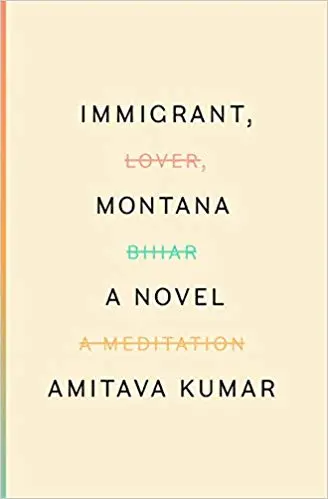
Immigrant, Montana by Amitava Kumar
A young Indian immigrant to America, AK tells his own story of immigrant experience, which Viet Thanh Nguyen calls a “beguiling meditation on memory and migration, sex and politics, ideas and art, and race and ambiguity.” Reminiscent of W.G. Sebald and Teju Cole, Amitava Kumar’s Immigrant, Montana is razor-sharp, told meditatively and youthfully, and is just as entertaining as it is serious.
She Would Be King by Wayétu Moore
In what Edwidge Danticat calls an “astonishing first novel,” Wayétu Moore adopts a haunting magical realism to portray the nuances of Liberia’s founding and history. Following three characters with supernatural powers who meet in the settlement of Monrovia, She Would Be King moves effortlessly between stories political and personal in scope, and stands as one of the most exciting debuts of 2018.
No One Can Pronounce My Name by Rakesh Satyal
Following the orbits of middle-aged oddballs in the Indian immigrant community of Cleveland, OH, Rakesh Satyal’s second novel is as tender as it is honest, light even while exploring both the heavy questions that face immigrants struggling for acceptance and the politics of sexual identity. A comic novel at its core, No One Can Pronounce My Name is vivid and complex, an unmissable point of light in our contemporary constellation.
The Death of Truth: Notes on Falsehood in the Age of Trump by Michiko Kakutani
Pulitzer Prize-winning book critic Michiko Kakutani pens a keen and powerful critique of the condition of truth and falsehood in the “age of Trump.” At the heart of The Death of Truth is a sobering diagnosis: Truth has been sick for decades, assailed by discordant cultural forces which are home to roost in our current epistemic and political crisis. Yet the clarity of Kakutani’s diagnosis is still cause enough for hope.
There There by Tommy Orange
In what the New York Times calls “a new kind of Native American epic,” There There follows a dozen Native Americans living in the “there” of Oakland, CA. A member of the Cheyenne and Arapaho tribes, Orange grew up in Oakland as a self-described “urban Indian,” and his debut novel sits with the complexity of Native Americans and the city, all struggling with identity and authenticity in a place that is itself the absence of a homeland.
America Is Not the Heart by Elaine Castillo
With a title mirroring Carlos Bulosan’s 1943 novel/memoir America is the Heart, Elaine Castillo’s debut novel is a sweeping portrait of the 1990s Filipino community in the Bay Area told via the story of Hero, a wealthy-daughter-turned-rebel-doctor who has been forced to emigrate and live with her uncle in the United States. Focusing on Hero’s journey of recovery, Castillo brings her tight-knit community of Milpitas to the page in five languages, a place both difficult and beautiful.
Love, Hate, and Other Filters by Samira Ahmed
In a lively debut YA novel, Samira Ahmed tells the story of 17-year-old Maya Aziz—who has lived her life as the only immigrant Indian-American in her small town, eager to head off to New York for film school. Her tentative dream is suddenly derailed by an act of domestic terrorism that ignites a wave of islamophobia in Maya’s town, forcing her to reckon with her identity and the place she has called home.
A Place for Us by Fatima Farheen Mirza
In this spectacular New York Times best-seller debut novel, Fatima Farheen Mirza writes a family saga carefully unfolding the lives of an Indian-American Muslim family. Focused on three siblings growing up in northern California, NPR calls A Place for Us a “miracle of a book,” and Mirza writes with an extraordinary knack not just for how a family moves, but how families create and dwell within their own history.
Citizen Illegal by José Olivarez
A timely and powerful debut collection of poetry, José Olivarez’s Citizen Illegal is both a portrait of first generation immigrant life and celebratory ode to Chicano joy. The son of Mexican immigrants, Olivarez navigates the contradictions of citizenship and immigration with emotional and intellectual rigor, creating a place between using language that is disarmingly conversational and beautiful.
Half Gods by Akil Kumarasamy
Following two brothers as they emigrate from war-torn Sri Lanka to the United States, Half Gods comprises a collection of 10 interconnected stories, disjointed by the reverberative power of trauma. Carefully meting out the details of her character’s pasts, Akil Kumarasamy’s debut novel is narrative triumph, one which manages to find and speak history from every detail of the present.
Those Who Knew by Idra Novey
In uncanny anticipation of our cultural moment, Those Who Knew centers on the death of a college student Maria, probably at the hands of the country’s most popular young senator. Unlike most mysteries, the truth of what happened is nearly common knowledge—instead Idra Novey’s characters attempt to understand their own silences, which are weaponized by the book’s institutions to cover up abuse.
American Sonnets for My Past and Future Assassin by Terrance Hayes
Finalist for the 2018 National Book Award in poetry, Terrance Hayes delivers a devastating collection of 70 poems written in the shadow of the 2016 election and white supremacist rally in Charlottesburg, VA. All in the sonnet form, which Hayes calls in of the collection’s poems “part prison/Part panic closet, a little room in a house set aflame,” American Sonnets for My Past and Future Assassin is an unflinching poetic reckoning with America, a figure which for Hayes is profoundly ambivalent: He writes “It is not enough/To love you. It is not enough to want you destroyed.”



